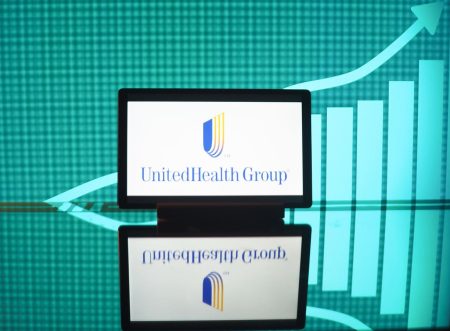The Centers for Medicare and Medicaid Services (CMS) recently announced a delay in the implementation of its restrictions on accessing Medicare and Medicaid data, which were initially planned to start in August 2024. The agency faced backlash from the research community for not seeking input from data users before announcing these restrictions on February 12th. The restrictions were seen as barriers to data access that would hinder research activities and shield Medicare and Medicaid programs from public scrutiny. This sparked immediate protests from researchers, including the breaking of the news by Columbia University professor Adam Sacarny on social media and coverage by major news outlets like the Washington Post.
Following the uproar from researchers, including the signing of a letter protesting the restrictions, several academics and journalists published articles criticizing CMS’s decision. The research community also conducted a grassroots campaign to raise awareness and engage with lawmakers and the agency behind the scenes. This culminated in a significant moment during a U.S. Senate Finance Committee hearing on March 15th, where Senator Bill Cassidy questioned Health and Human Services Secretary Xavier Becerra on CMS’s actions and called for changes. Senator Cassidy’s influence as a physician and senior Republican leader played a crucial role in pressuring CMS to reconsider its approach, ultimately leading to the announcement of a delay in implementation.
The battle over data access and government program accountability highlighted important lessons for all stakeholders in U.S. healthcare, not just researchers. It emphasized the need for transparency, public engagement, and vigilance in monitoring government agencies to ensure decisions align with the public interest. The episode also underscored the significance of political will in shaping policy outcomes, demonstrating that public sentiment and grassroots efforts can have a significant impact even without significant lobbying dollars. It served as a reminder that government agencies are run by fallible individuals who may not always have perfect knowledge or aligned incentives, making it crucial for the public to voice concerns and participate in the decision-making process.
The events surrounding CMS’s decision on data access shed light on the importance of openness, accountability, and dialogue in the governance of public programs. The power of collective action, informed debate, and political engagement was evident in the outcome of this controversy. It highlighted the shared responsibility of all stakeholders in ensuring that government policies serve the interests of the public and promote transparency, efficiency, and fairness. As the healthcare landscape continues to evolve, lessons from this episode can inform future discussions on data access, research integrity, and the role of government in facilitating innovation and progress in healthcare.















